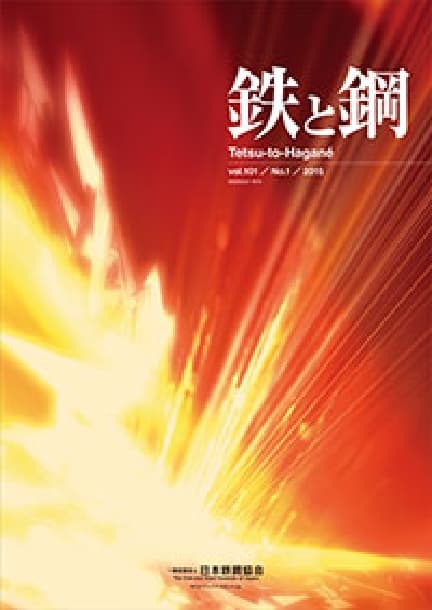Effect of Magnetic Field on Martensitic Transformation in Some Ferrous Alloys
Tomoyuki KAKESHITA, Takashi FUKUDA
pp. 363-375
Abstract
Magnetic field is one of external fields affecting martensitic transformations. In this paper, we review the change in transformation temperature and morphology by the application of magnetic field in some ferrous alloys with different magnetic properties, and explain their behavior thermodynamically. Besides, the magnetic field-induced strain in some ferromagnetic shape memory alloys is presented briefly. Moreover, kinetics of both isothermal and athermal martensitic transformations is explained based on a phenomenological theory.
Readers Who Read This Article Also Read
Tetsu-to-Hagané Vol.57(1971), No.1
Tetsu-to-Hagané Vol.90(2004), No.12
Tetsu-to-Hagané Vol.59(1973), No.11










